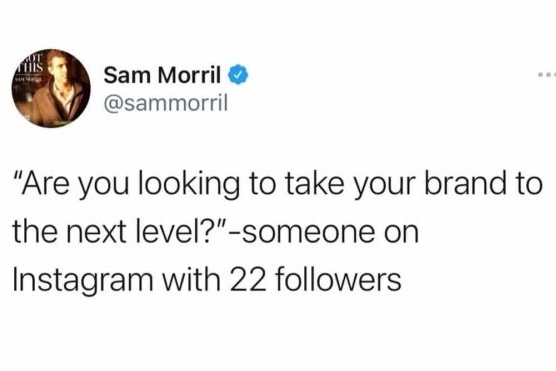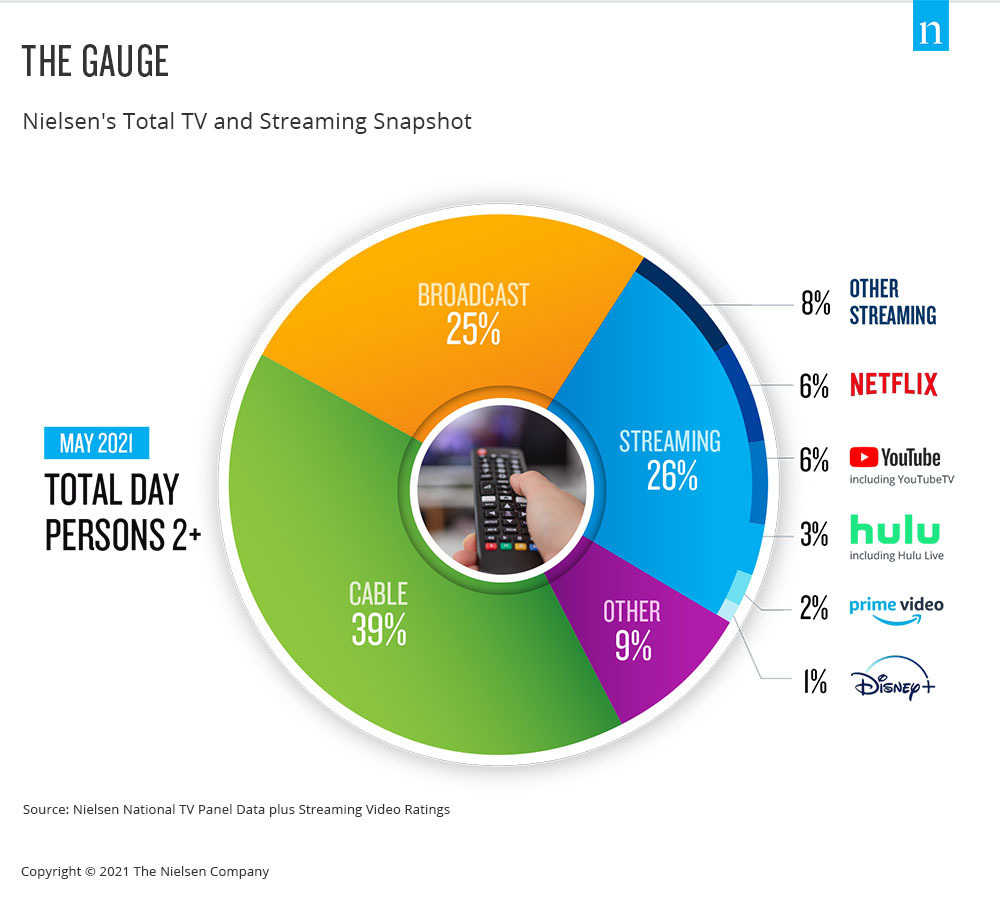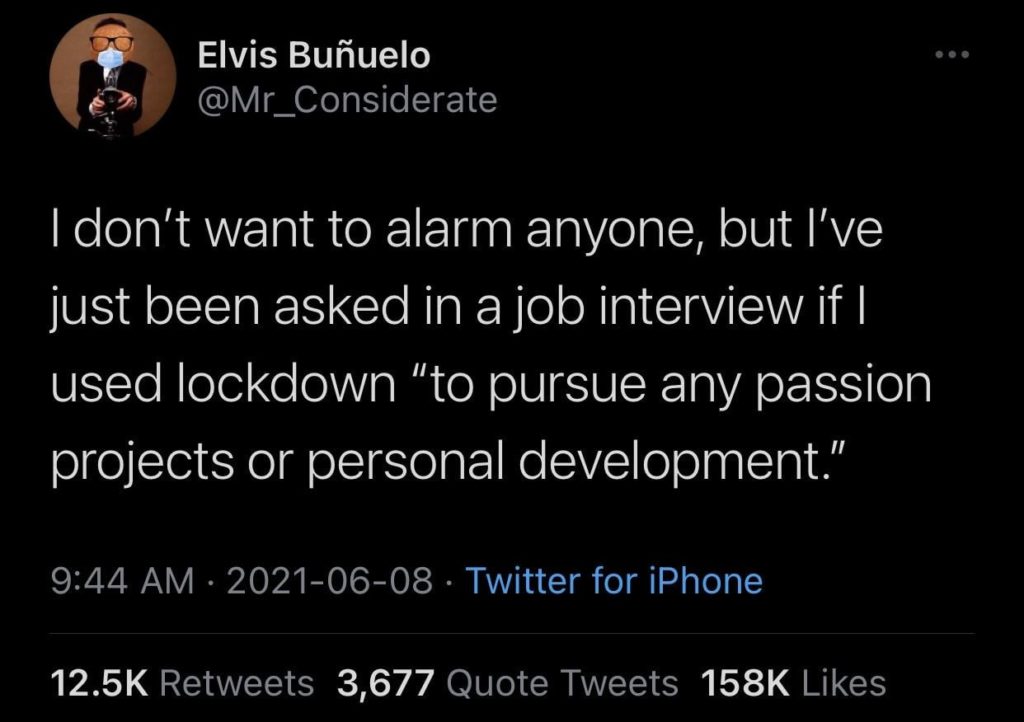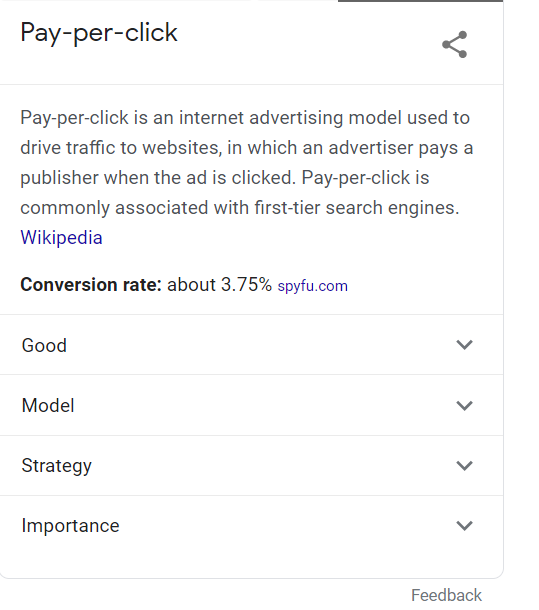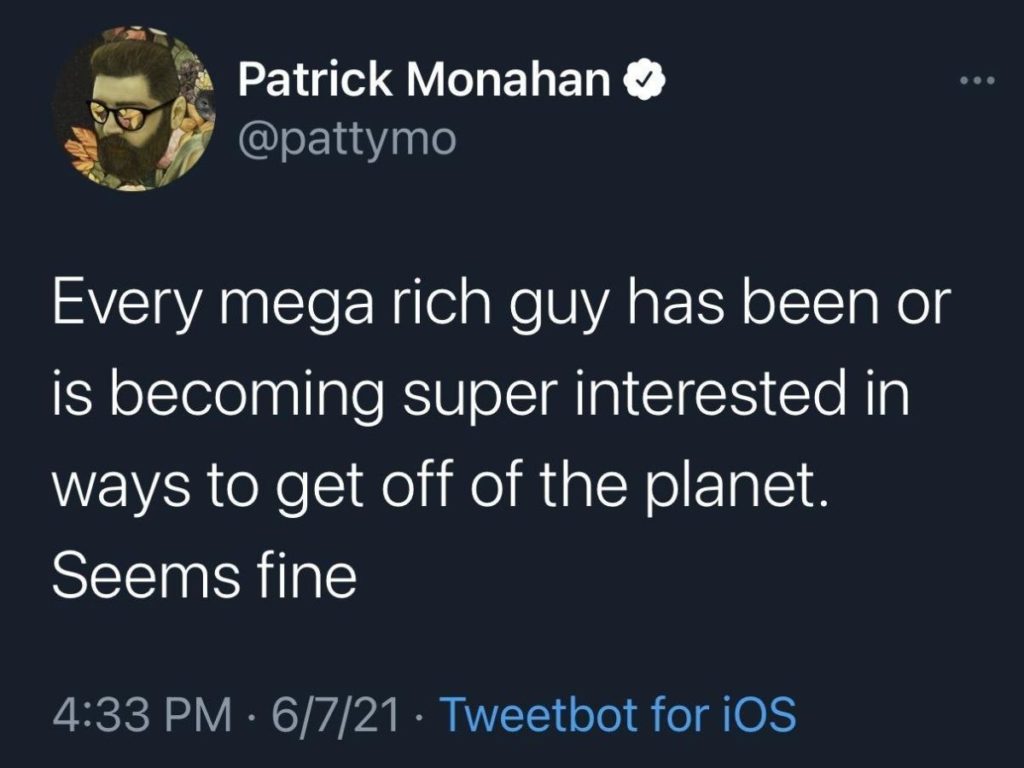1. Good Monday Morning
It’s June 28. Spotlight is off next Monday for the Independence Day holiday. Be safe and happy until then. We’ll be back in your email on July 12..
Today’s Spotlight is 1,068 words — about a 4 minute read.
2. News To Know Now
Quoted: “We need more choices, not to replace Google or Bing, but to offer alternatives… if we do not have our own [search] index, we are just a layer of paint on top of Google or Bing.” — Josep M. Pujol, Chief of Search at Brave to TechCrunch upon the browser launching its own search engine.
a) Western Digital is warning owners of its MyBook external hard drive devices to disconnect them from the internet because hackers are using an exploit that enables them to remotely wipe the drives. (Krebs on Security)
b) An Amazon fulfillment center in Scotland is destroying millions of unsold items every year. An ex-manager at the facility provided ITV with documentation showing 124,000 items were destroyed during one week in April. Companies using Amazon to store and fulfill their products can ask the company to destroy the stock rather than pay to have unsold items returned. The fulfillment center is one of 24 in the UK and 185 globally.
c) Telephone carriers have until Wednesday to finally implement the Stir/Shaken call verification system that will make it harder for companies making robocalls to hide their actual telephone number. CNET has an FAQ on the new program.
3. Search Engine News — New Search Message for Breaking News
Google is now using a consumer friendly message to respond to queries about evolving news stories for which the search engine has not yet indexed reliable content. This type of situation is exactly how Google News was created following the 9/11 terror attacks, but the main search index has not had this type of protection.
That meant that breaking news events traditionally kicked off a rush to post information to be among the first results in Google during a normally chaotic time.
Google also announced that it will expand its coverage of harassment-based search results. They say that they will apply “ranking protections to help prevent content from low quality sites appearing in search results for people’s names.”
Google used the example of the Babcock family in the UK that had been targeted by false reports online that the men in that family were pedophiles and child molesters while the women were labeled cheaters and scammers. Sites such as Ripoff Report, Deadbeats Exposed, and She’s a Homewrecker were specifically described in a New York Times expose that Google linked to. Sites like Ripoff Report often charge hundreds or thousands of dollars to have a subject go through “mediation” before removing a post with information another person has posted.

4. In The Spotlight — Dark Patterns
Dark patterns are under the spotlight in consumer circles and may soon be as familiar a term as robocalls. The phrase is used to describe a type of internet design that tricks or pressures a person into taking an unwanted action. Think of them as dirty tricks unscrupulous marketers use.
The tactics include disguising ads as editorial content, using hidden buttons and links, confusing trials with paid offers, or creating opt-outs that make you take an action to stop the company from doing something rather than defaulting to nothing. There are also fraudulent behaviors like signing up for recurring bills by simply clicking a button or hiding important terms.
Usability designer Harry Bignull first codified this disingenuous behavior and now leads the professional effort to identify and halt dark patterns. That includes the new Dark Patterns Tipline that opened in May with support from Consumer Reports and the Electronic Frontier Foundation. The new effort shows multiple examples of bad behavior by well known companies such as Carfax and Grubhub. (Full disclosure: I was on Carfax’s executive team for 8 years beginning in the mid 1990s).
Government is also paying attention. California modified its landmark Consumer Privacy Act (CCPA) to ban dark patterns from websites. Those include confusing language or using more steps to opt-out of sharing private data than there are to opt-in. Former FTC Chair Rebecca Slaughter called for national rules to ban dark patterns. During a speech last week, she told a nonprofit group, “…We need to be focusing on the burden on the firms to limit their collection in the first instance, prohibit their sharing, prohibit their abusive use of data.”
Want to test how easy it is to be influenced by this insidious behavior? The Markup has created a quiz that lets you match your wits against these tricky techniques.
5. Debunked — Childhood Vaccines
Memes are floating around social media suggesting that childhood vaccines and laundry detergent share 16 common ingredients. Reuters has the fact check documenting that there are only three common ingredients: water, glycerin, and castor oil.
6. Following Up — Microsoft Support Rep Hacked
As Microsoft investigated the Solar Winds hack, the group who did that hack compromised a Microsoft employee’s computer to launch targeted attacks against Microsoft customers. This news was breaking throughout the weekend, and there will undoubtedly be more revelations this week. Throughout 2021, Ars Technica has had some of the best coverage of this incident. You can also read our past coverage of the Solar Winds hack.
7. Protip — New Gmail Collaboration Tools
You’ve undoubtedly seen the brand new “Rooms” and “Chat” features in Gmail. Here are step-by-step instructions on using Google Docs, Chat, and other Google-specific programs without having to switch browser tabs.
Screening Room — Wedding Singers
9. Science Fiction World — AI Lip Reading
That scene in bad spy movies featuring a trained lip reader watching a target through binoculars is about to become anachronistic. Motherboard is reporting that people unable to vocalize may soon be helped by an AI app that translates lip movement into words.
10. Coffee Break — Follow A Drop of Water to the Ocean
This amazing 3-D science visualization simulates a drop of water as it flows from anywhere in the world to larger bodies of water.
11. Sign of the Times
